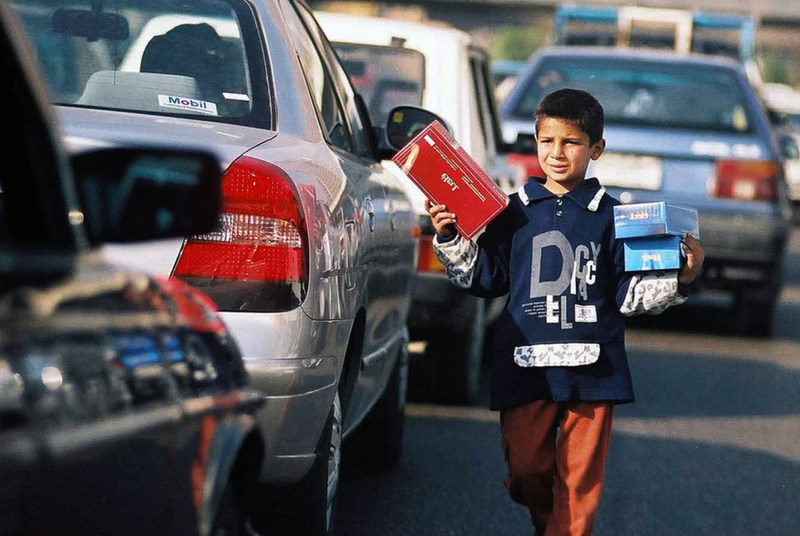Amid accusations by the Muslim Brotherhood of “politicising” the report concerning the actions of the group in Britain, Arab spokesperson for the British Foreign Ministry Farah Daklallah asserted in press statements Friday that the report was independently conducted and outside the sphere of influence of other entities.
The report concluded that some infrastructures in the Muslim Brotherhood have been in contact with extremism. It added that different literature embraced by the Brotherhood is shared and used by terrorist groups to justify violence.
Daklallah explained that the report sought to understand the activities of the Brotherhood in Britain.
The spokesperson’s comments came after the report sparked outrage across the group’s different infrastructures, who responded by stating that the allegations are “totally unacceptable and represent a deliberate political stance against the group, based on no credible evidence whatsoever”.
“The British government is obviously under pressure by authoritarian Arab countries where Britain has interests and investments in. There is a clear submission to several incitement campaigns which are lobbying against the group,” one of the group’s Egypt-based officials, who preferred to remain anonymous, said Saturday.
The source added that “there are states that are against the Arab revolutions and change, who benefit from such a report, and will capitalise diplomatically to extend the crackdown”.
The Brotherhood has been facing a violent crackdown following the military ouster of former president Mohamed Morsi, in 2013. Many of the group’s members and leaders are facing prison or death sentences, or are wanted by the regime.
Designated as a terrorist group, the Brotherhood was outlawed by Egyptian officials last year.
Daklallah however explained in an interview with Al Jazeera Thursday that the report does not aim to single out the group but rather to “understand the contradictions in the group” and to “assist the policy of Britain towards the Brotherhood”.
“The group is international and has connections worldwide and affects the interests of the UK abroad,” she added in the televised interview.
In a statement issued Thursday, British Prime Minister David Cameron described the group as “deliberately opaque, and habitually secretive”. He also added that the research found that violence was carried out by supporters of the group.
“Both as an ideology and as a network, it has been a rite of passage for some individuals and groups who have gone on to engage in violence and terrorism,” Cameron said. “Individuals closely associated with the [Muslim Brotherhood] in the UK have supported suicide bombing and other attacks in Israel by Hamas.”
Cameron also said “membership of, association with, or influence by the Muslim Brotherhood should be considered as a possible indicator of extremism”, and he vowed to “refuse visas to members and associates of the Muslim Brotherhood”.
A day after the release of the review, Egypt welcomed the report and said it is “an important and serious step forward for the UK towards combating and curtailing [extremism]”.
Highlighting a “highly ambiguous relationship” between the group and violent extremism, the long-delayed report was praised by the Egyptian government and its state media.
Spokesperson of the Foreign Ministry Ahmed Abu Zaid said in statements Friday that the report “indicates the British government’s intention to take measures to monitor the Brotherhood’s sources of financing within the framework of the British national Counter-Extremism Strategy”.


